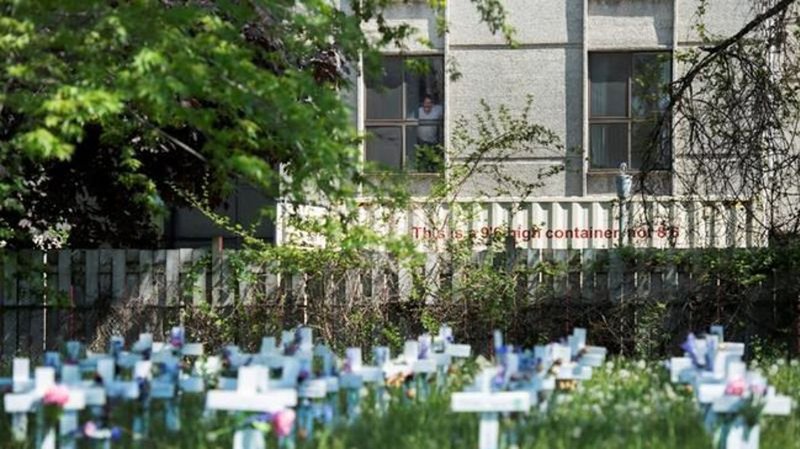
‘I don’t want to go through this ever in my life again,’ LTC resident tells inquiry
One by one, residents of Ontario’s long-term care homes described the emotional devastation caused by the COVID-19 lockdown to an independent inquiry — and implored the governments to address isolation before the second wave of COVID-19 crashes down.
Lonely, depressed, muzzled and trapped are some of the words the residents used to describe the pandemic to the Long-Term Care COVID-19 Commission by video conference.
“Now when I see these dog cages on TV for stray animals, I see myself as one of these neglected, filthy, and starving-for-love-and-affection little critters,” said Virginia Parraga, who lives in a long-term care home in Toronto.
“I now weep for our human race and mankind.”

